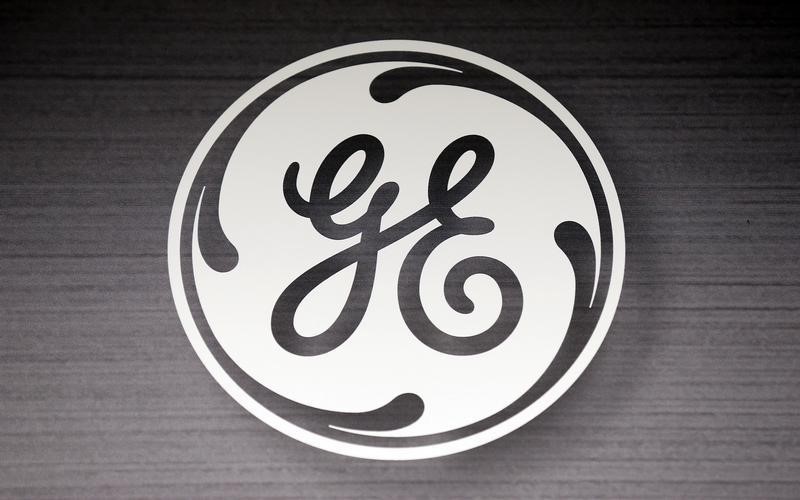By David Lawder
WASHINGTON (Reuters) - General Electric Co (N:GE) would lose a $350-million deal to build locomotives for Angola, and perhaps billions of dollars more in future export opportunities, if Congress closes the U.S. Export-Import Bank, a senior GE executive told Reuters.
"It would be gone," GE Transportation unit president Russell Stokes said of a not-yet-finalized agreement announced by the global conglomerate in March for 100 lightweight diesel-electric locomotives to be built in Erie, Pennsylvania.
Up to 1,800 jobs at GE, its suppliers and local businesses in 12 states would be put at risk because, without Ex-Im financing, Angola would buy Chinese-built locomotives, he said.
GE, along with other major U.S. exporters including Boeing Co (N:BA) and business groups like the U.S. Chamber of Commerce and the National Association of Manufacturers, is fighting to save the Ex-Im Bank. The export credit agency's critics, mostly conservative Republicans, want Congress to allow Ex-Im's charter to expire on June 30.
Stokes spoke to Reuters on Capitol Hill between visits to lawmakers late last week to persuade them to keep the bank open.
The alternative would be the end of an institution formed 80 years ago to help finance exports of U.S. goods and services, which the bank says counters foreign competition and protects jobs. Ex-Im, funded from fees and interest, generated a $675 million surplus in fiscal 2014 above its operating cost.
The bank's opponents argue that its loans put taxpayers at risk, distort free enterprise and amount to "corporate welfare." GE reported revenues of $149 billion and profits of $15 billion in 2014.
"GE should seek private financing if it wants the Angola deal to go through," said David McIntosh, president of the conservative Club for Growth, an advocacy group allied with Republican politicians attacking Ex-Im. "It's not the role of the federal government to secure sales for GE."
But in the fierce international competition for locomotives, GE's Stokes said private financing could never compare to the lower rates offered by government-backed export credit agencies. In many emerging markets, including the Angola tender, bidders are required to offer export credit agency financing, he said.
"We'd still go out and try to compete, but I'm telling you it will be very difficult," he said. "On some of these big international tenders like this one, you're going to lose."
Ex-Im has agreed to finance another $650 million in not-yet-awarded power and infrastructure projects for Angola, and those would go to other countries if the bank dies, Stokes added.
GE Transportation's 4,500-strong workforce in Erie, plus thousands more at 900 suppliers such as Westinghouse Air Brake Technologies Corp (N:WAB), have benefited from a boom in export orders financed in part by Ex-Im.
With Ex-Im support, GE last year split a 465-locomotive South African order evenly with China's state-run train builders CSR Corp (SS:601766) and China CNR (SS:601299). Stokes said the firms are GE's toughest international competitor, and their pending merger will make them stronger.
NO HOUSE BILL
Representative Jeb Hensarling, the leading Ex-Im opponent in Congress, said on Tuesday he was ready to let the bank expire and presented no plans to introduce reauthorizing legislation.
"People at Boeing and GE have expended a lot of funds lobbying on this issue," the Texas Republican told a news conference. "It's frankly a bit of bluster."
But Republican Senator Mark Kirk of Illinois said he has a list of seven major export deals that would fall through if Ex-Im closes, and is using it to drum up support for a charter renewal measure that he will try to attach to a transportation funding extension needed in July.
"I think if we pass through the expiration deadline it will help me gather votes for Ex-Im," Kirk told reporters.

GE Chief Executive Jeff Immelt in a blog post to GE employees this month said that without Ex-Im, U.S. companies will lose deals to foreign rivals with export credit agency backing or shift some production abroad "to countries that are more supportive of their exporters."